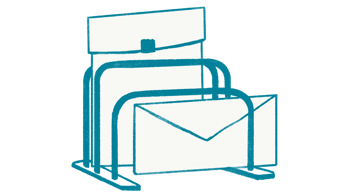Which improvements do you need to make right away?
Which can wait?
Plan your home improvements wisely >
Owning a home comes with lots of stacks of important and sometimes confusing paperwork. Don’t worry, it’s not going to bury you at your desk. We’ll help you know what all the documents mean, where to keep them, and when to use them. To learn about taxes, insurance and more, you'll want to keep scrolling...

Did you know that 66% of homeowners are underinsured? Insurance is meant to replace your home and possessions. Opt for the most coverage you can afford.

You can hire a third-party insurance claim adjuster in the event your insurance company initially denies a claim. They advocate for you and handle all the paperwork.

It can be a blow if an insurance claim is denied. Don’t give up. Go up the ladder: first to the claim adjuster, then your agent, then consider an attorney or public adjuster.